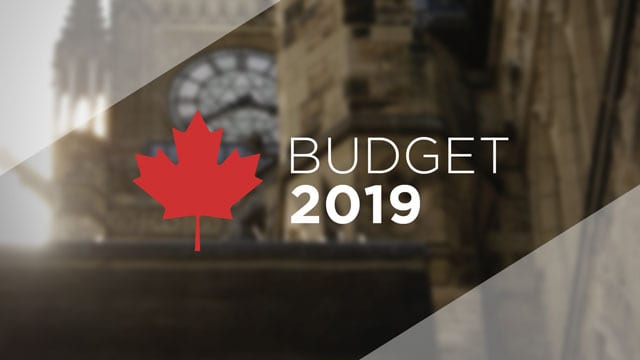
The federal liberals are committing $1.2 billion towards Jordan’s Principle over the next three years.
The money is included in the overall budget of $4.5 billion over five years for what the federal government is calling “advancing reconciliation,” for First Nation, Metis and Inuit peoples.
“I think that’s an important piece, to make sure children and families receive the supports that they deserved for so long,” said Cindy Blackstock, executive director of the First Nations Child and Family Caring Society.
“So that’s positive but, it doesn’t include funding for children who will become eligible under S-3, or any kind of population growth.”
Children registered under Indian Status are generally classified as having S-1 or S-2 status – meaning one or both parents have Indian Status. For children where neither parent is registered under S-1 or S-2 can apply for S-3status, given relevant evidence to their ancestry. This for example would include consideration of an applicant’s grandparent, relative or parent who lost status through marriage.
Jordan’s Principle works with S-3 applicants – but the federal budget did not outline funding for S-3 children.
“So we need to see where that goes, but at least there’s money in the budget for Jordan’s Principle,” said Blackstock.
There is not money in the 2019 budget for Bill C-92 – the proposed child welfare legislation that aims to keep First Nation, Metis and Inuit families together. The bill proposes a transfer of full or partial jurisdiction to Indigenous communities over child and family welfare services.
But Ottawa did put $1.4 billion into a pot for the child welfare system in the 2018 budget.
Perry Bellegarde, the national chief of the Assembly of First Nations (AFN) is eager to get the child welfare legislation, and Bill C-91, the Indigenous Languages Act passed before the house of commons rises for the summer.
“I’m more concerned now that June is fast approaching, we need to get those two very important pieces of legislation royal assent,” said Bellegarde.
This is also a concern for Cindy Blackstock – the missing budget outline for Bill C-92.
“There’s nothing in there to develop First Nation, Metis or Inuit laws or institutions to enable Bill C-92.
“So that’s still a major issue that needs to be resolved and we don’t have a lot of time to resolve it if this bill is going to be passed before the summer,” said Blackstock.
Not all chiefs are in favour of passing the child welfare legislation.
“The Bill does not meet our peoples and Nations standard to break the cycle and is not in the best interest of First Nation’s children,” said Chief Craig Mackinaw of the Ermineskin Cree Nation.
“Canada committed to recognize the control of child welfare services to First Nations and this has not been achieved.”
Bellegarde said he wants C-92 passed before the federal election in October.
$220 million will be allocated specifically for the needs of Inuit Children.
The government of Nunavut still needs to see how the money will be implemented.
“Most of the money announced today does not come directly to the territory. The GN remains cautious, as Nunavut’s service provider, on how we will be able to successfully deliver the services and programs to benefit Nunavummiut,” said Nunavut Finance Minister George Hickes.
“I am pleased to see support for an addictions treatment centre,” said Hickes. “We were expecting more around housing and telecommunications, especially given our longstanding infrastructure deficit. The lack of Nunavut-specific measures is disappointing, and remains critical in successful nation-building.”
The Nishinawbe Aski Nation which represents 49 communities in northern Ontario wants to see more details.
“This budget makes significant commitments to improve access to affordable housing for millennials and the middle class but is lacking in specifics for NAN First Nations. Budget 2019 promises investments to Indigenous Services Canada to improve health, education but does not provide detail on how these services will be delivered in our communities,” said Grand Chief Alvin Fiddler.










